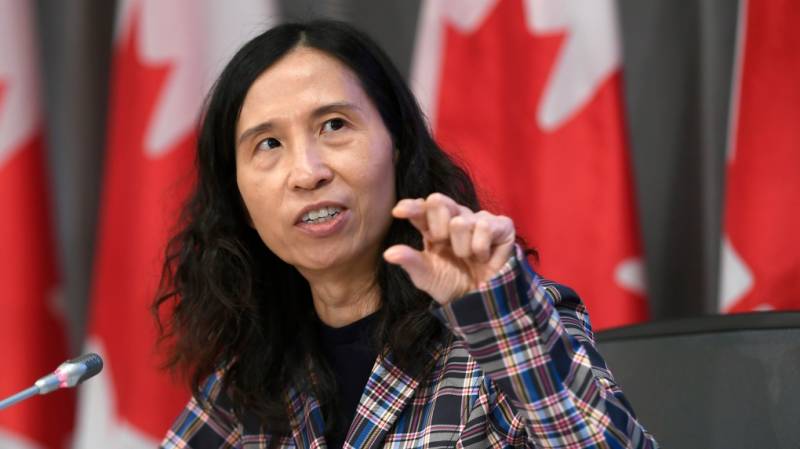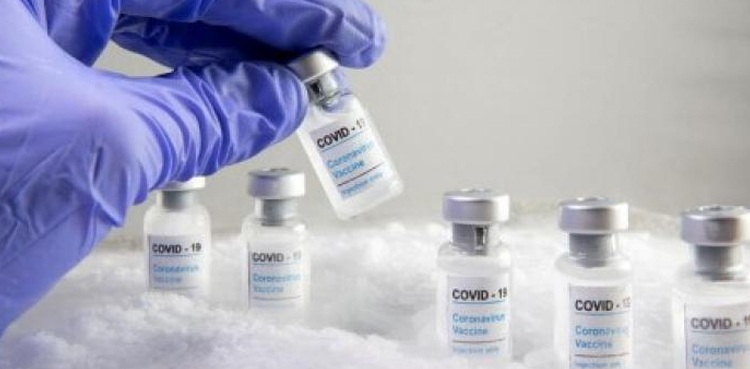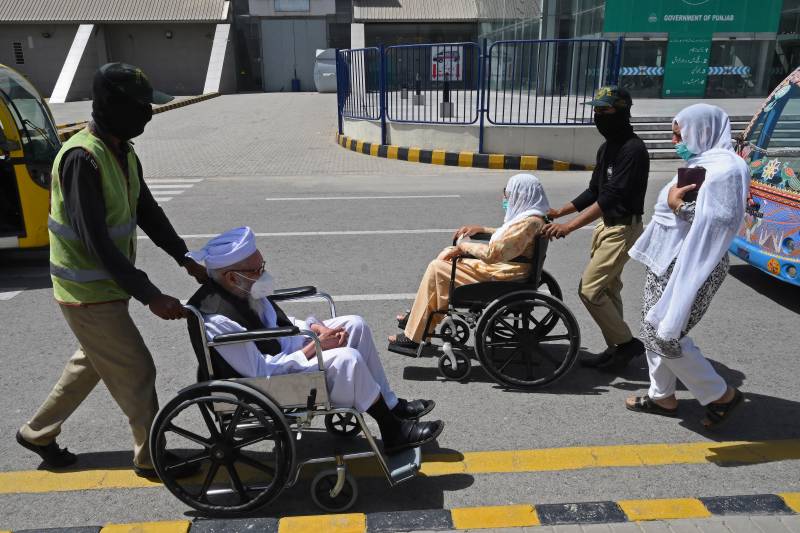Canada’s chief public health officer on Wednesday urged couples to wear masks during sex to prevent the spread of the new coronavirus.
“Sex can be complicated in the time of Covid-19, especially for those without an intimate partner in their household or whose sexual partner is at higher risk for Covid-19,” Theresa Tam said in a statement.
“The lowest risk sexual activity during Covid-19 involves yourself alone,” she added.
But those having sex with a partner who is at risk or from outside their household should be “skipping kissing and avoiding face-to-face contact or closeness (and) consider using a mask that covers the nose and mouth.”
Tam said people should also limit their consumption of alcohol or “other substances so you and your partner(s) are able to make safe decision.”
She noted that there is a “very low likelihood” of transmission of the new coronavirus through semen or vaginal fluids. But she still urged condom use.
The number of Covid-19 cases rose on Wednesday to 129,705, including 9,171 deaths. Almost 90 percent of the people who fell sick have recovered.
Experts probe obesity link to severe virus response
Inflammatory and immune responses linked to obesity could help explain the likelihood of a more severe outcome among patients with Covid-19, European experts said Wednesday.
As the new coronavirus has spread, killing more than 800,000 people globally, it has become increasingly clear that co-morbidities put patients at greater risk.
In a presentation at European and International Congress on Obesity, researchers said that inflamation caused by a buildup of fat tissue in people with obesity, which is linked to other illnesses such as type two diabetes and cardiovascular disease, could play a role in patients’ response to Covid-19.
They also suggested that the body’s blood pressure regulating renin-angiotensin-aldosterone system (RAAS), which includes the enzyme that the new coronavirus latches onto, was also potentially linked to worse outcomes.
The RAAS can become overactivated in people with obesity.
“We suggest that the increased fat mass may contribute to increased RAAS activity and inflammation in obesity, thereby providing a critical link between obesity and the increased COVID-19 susceptibility and poorer disease outcomes,” said Gijs Goossens of Maastricht University Medical Centre.
He said that this could also be partly responsible for severe disease among older people with Covid-19.
“Since ageing is accompanied by changes in body composition, namely reduced muscle mass and increased fat mass, it is tempting to postulate that this may at least partly contribute to the poorer outcomes in older individuals infected by SARS-CoV-2,” he added.
Several studies have drawn links between obesity and a higher risk of serious illness from the new coronavirus.
In July, Britain launched a campaign against obesity, after a Public Health England report found that the condition increased the risk of death from coronavirus by 40 percent.
Goossens and colleagues, who published a related paper in Obesity Facts, the official journal of the European Association for the Study of Obesity (EASO), said the inflamation suffered by people with obesity is a result of weight gain causing changes to their adipose tissue.
This leaves them with an impaired immune response to infections and increased viral loads when infected by viruses, they said.
The inflammation can also cause the release of molecules called cytokines that trigger a response from the body’s immune system.
With Covid-19, some patients have suffered what is known as the “cytokine storm”, when the immune system overreacts. It can cause serious effects and even death.
Also Read: COVID-19: 758 NEW CASE, 6 DEATH IN PAKISTAN





